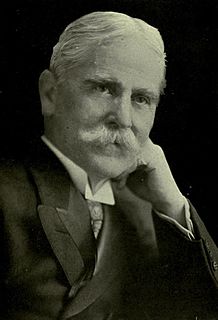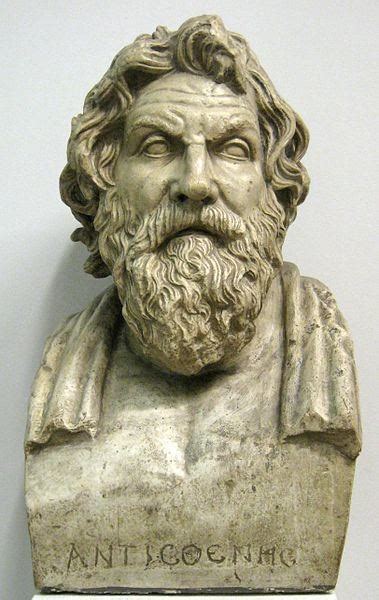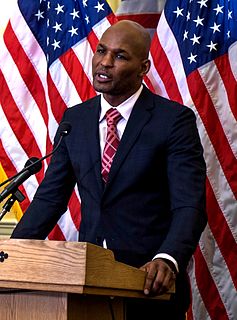A Quote by Virgil
Happy the person who has learned the cause of things and has put under his or her feet all fear, inexorable fate, and the noisy strife of the hell of greed.
Related Quotes
What you and I need to do is learn to forget our differences. When we come together, we don't come together as Baptists or Methodists. You don't catch hell 'cause you're a Baptist, and you don't catch hell 'cause you're a Methodist... You don't catch hell because you're a Democrat or a Republican. You don't catch hell because you're a Mason or an Elk. And you sure don't catch hell 'cause you're an American; 'cause if you was an American, you wouldn't catch no hell. You catch hell 'cause you're a Black man. You catch hell, all of us catch hell, for the same reason.
I learned to put my trust in God and to see Him as my strength. Long ago I set my mind to be a free person and not to give in to fear. I always felt that it was my right to defend myself if I could. I have learned over the years that when one's mind is made up, this diminishes fear; knowing what must be done does away with fear.
But learned people can analyze for me why I fear hell and their implication is that there is no hell. But I believe in hell. Hell seems a great deal more feasible to my weak mind than heaven. No doubt because hell is a more earth-seeming thing. I can fancy the tortures of the damned but I cannot imagine the disembodied souls hanging in a crystal for all eternity praising God.
Each person with his or her history of being accepted or rejected, with his or her past history of inner pain and difficulties in relationships, is different. But in each one there is a yearning for communion and belonging, but at the same time a fear of it. Love is what we most want, yet it is what we fear the most.
Is love the desire—no, the need—to be with that person, whatever the cost? Does it cause the rue of rage when you see that person with another? Does it make you ache to hold her, to whisper things that sound foreign and strange to your tongue? Does it make you wish for things you know can never be? I haven't the answers, Riley. In all that I've learned over the years, no one has ever mentioned a force such as this. But whatever it is, I feel it for you. We would have been good together.






































